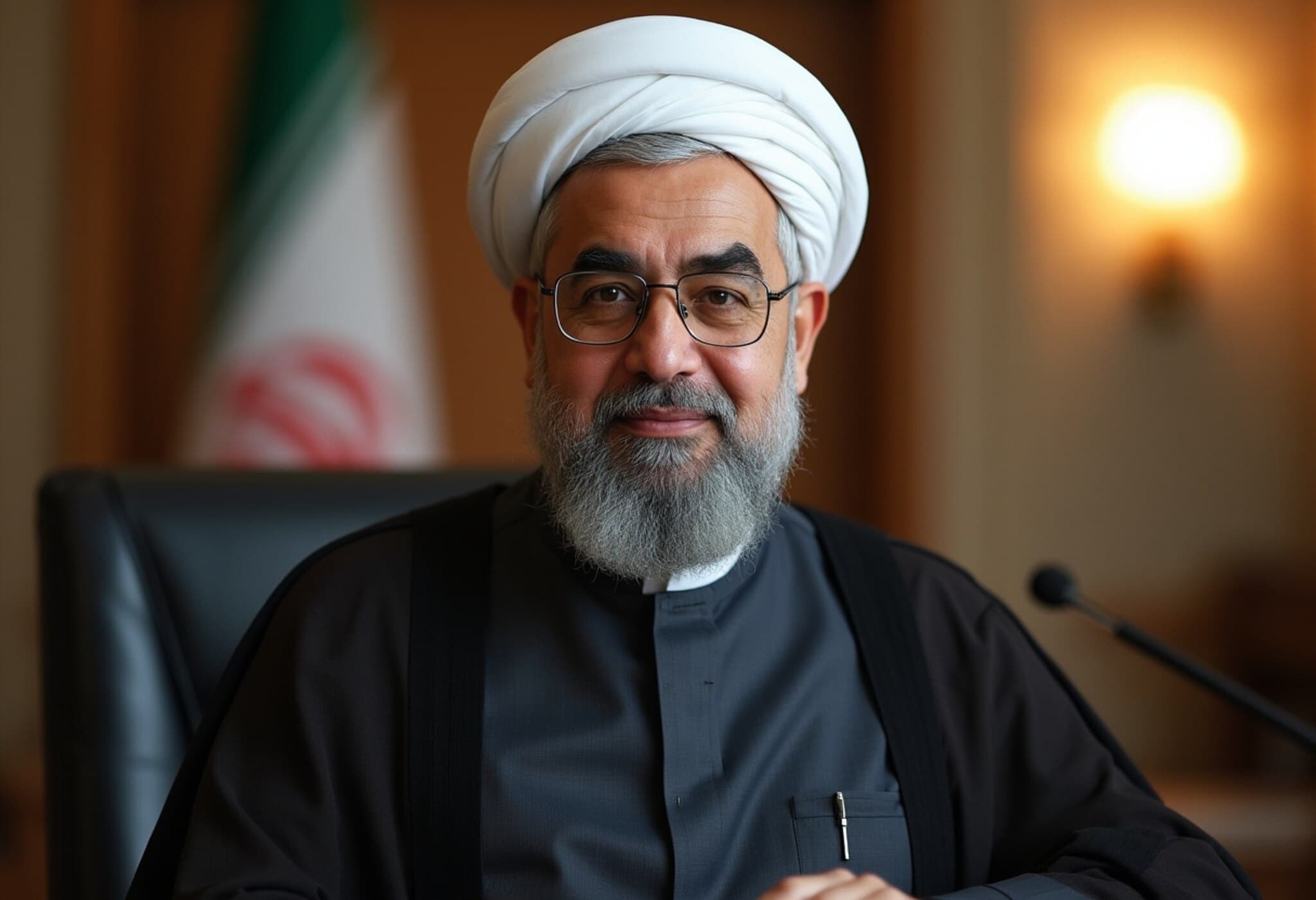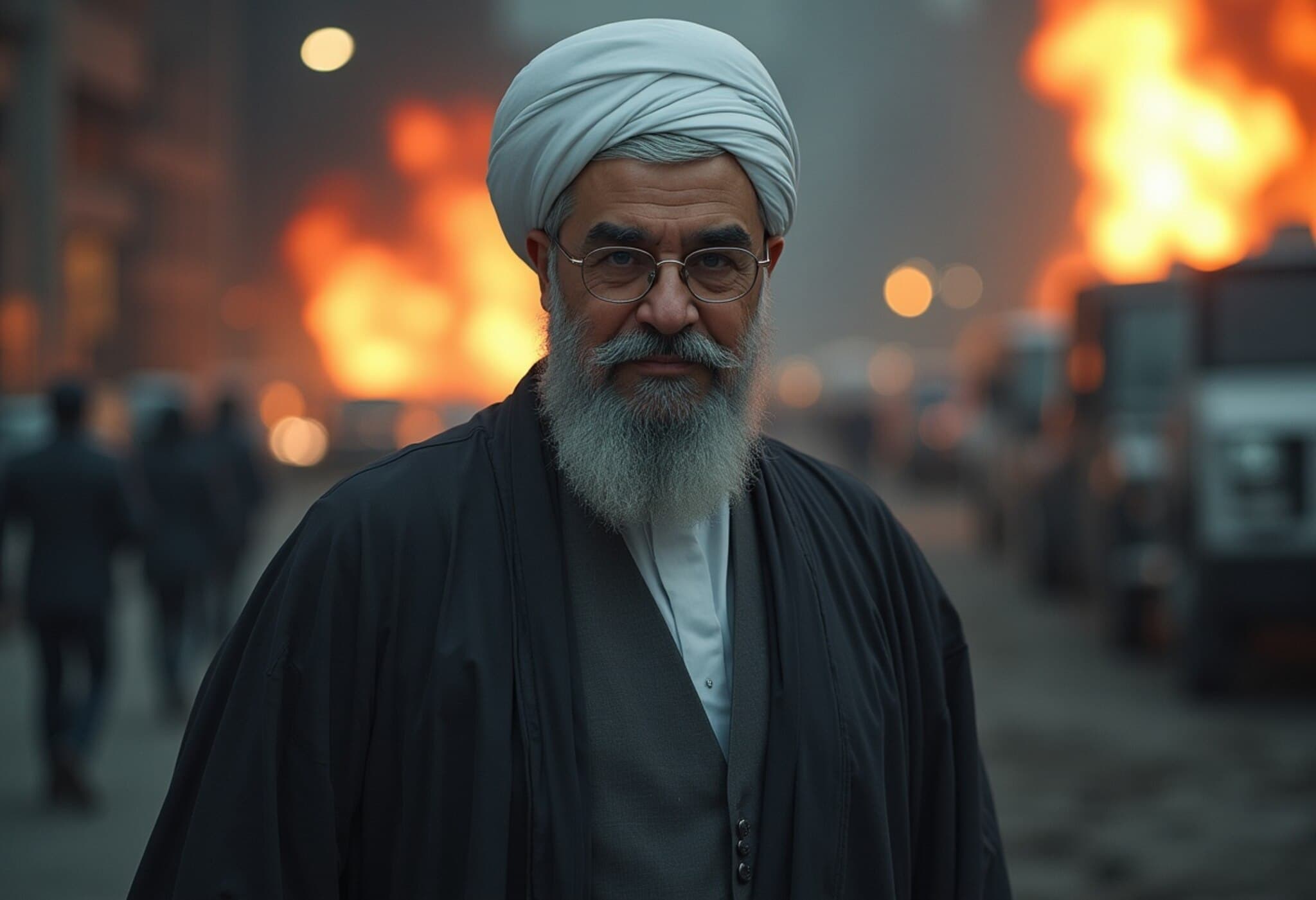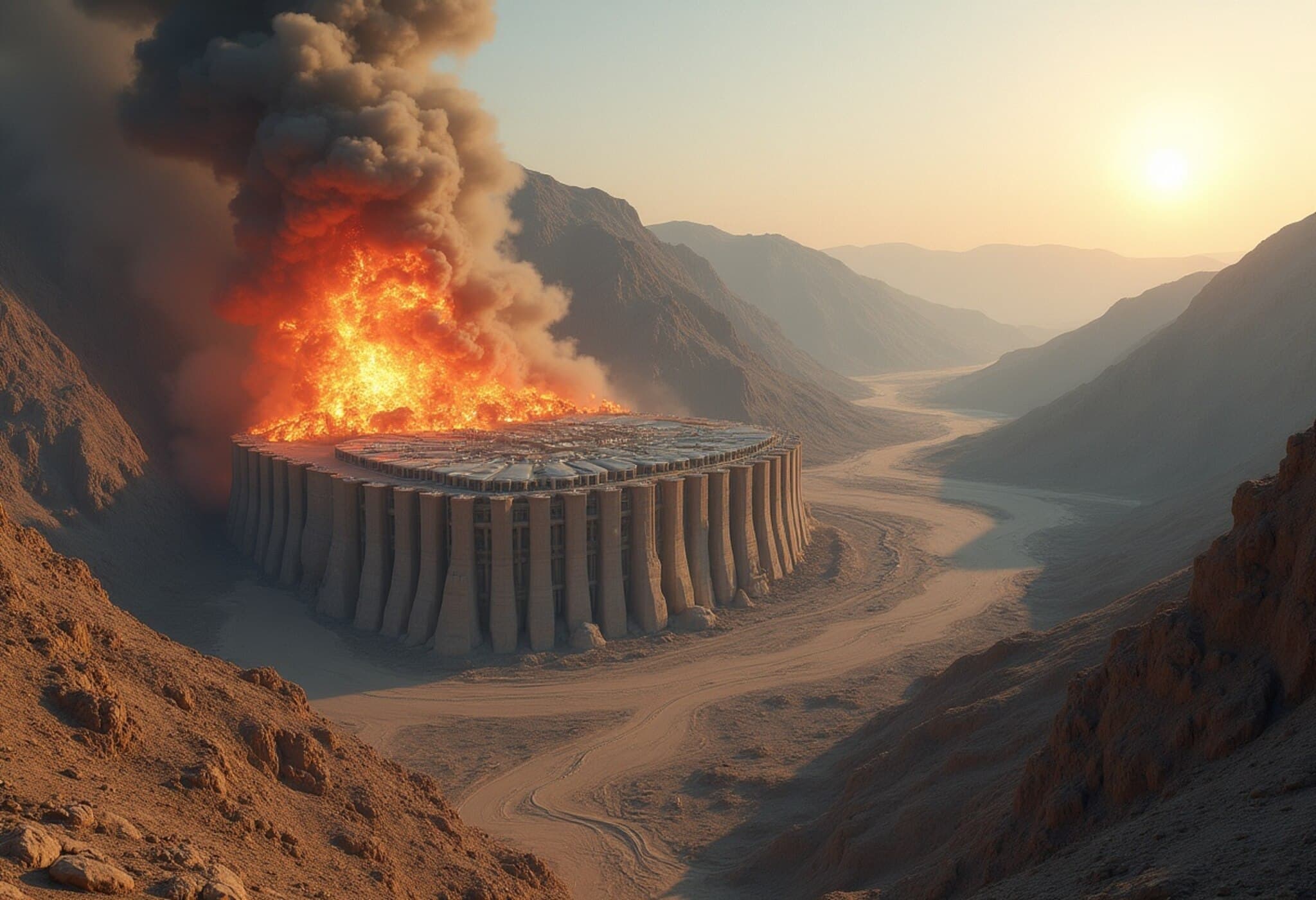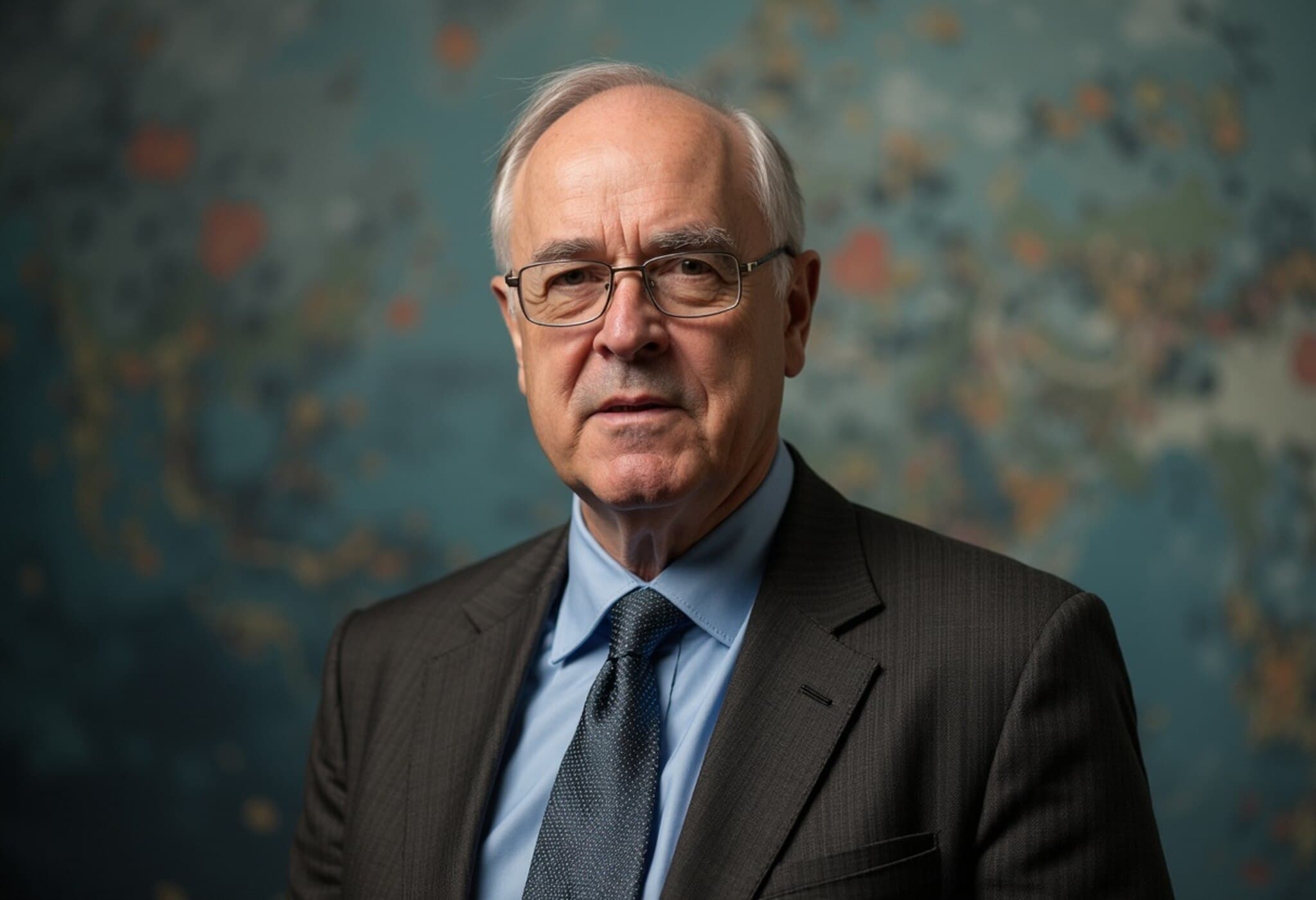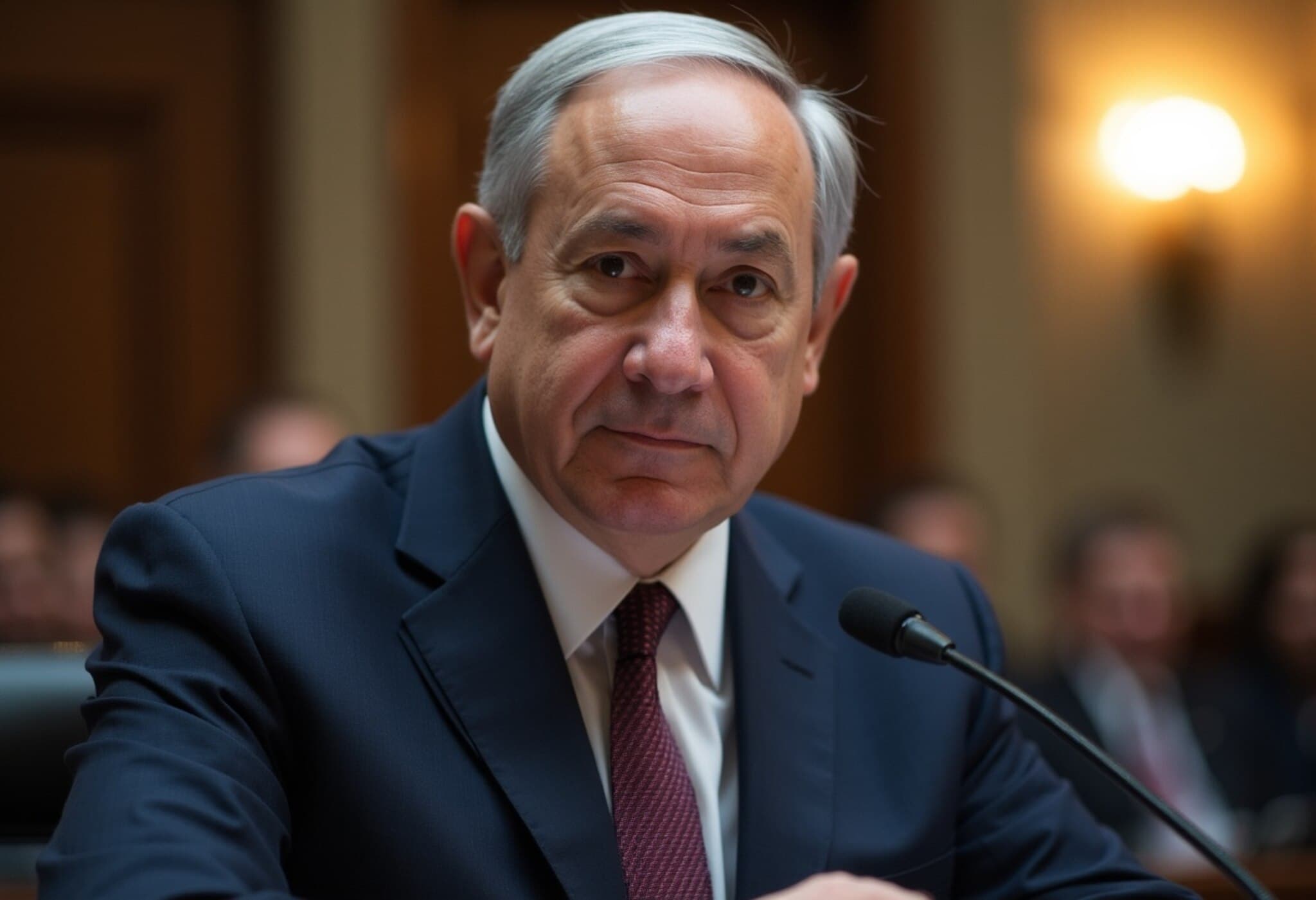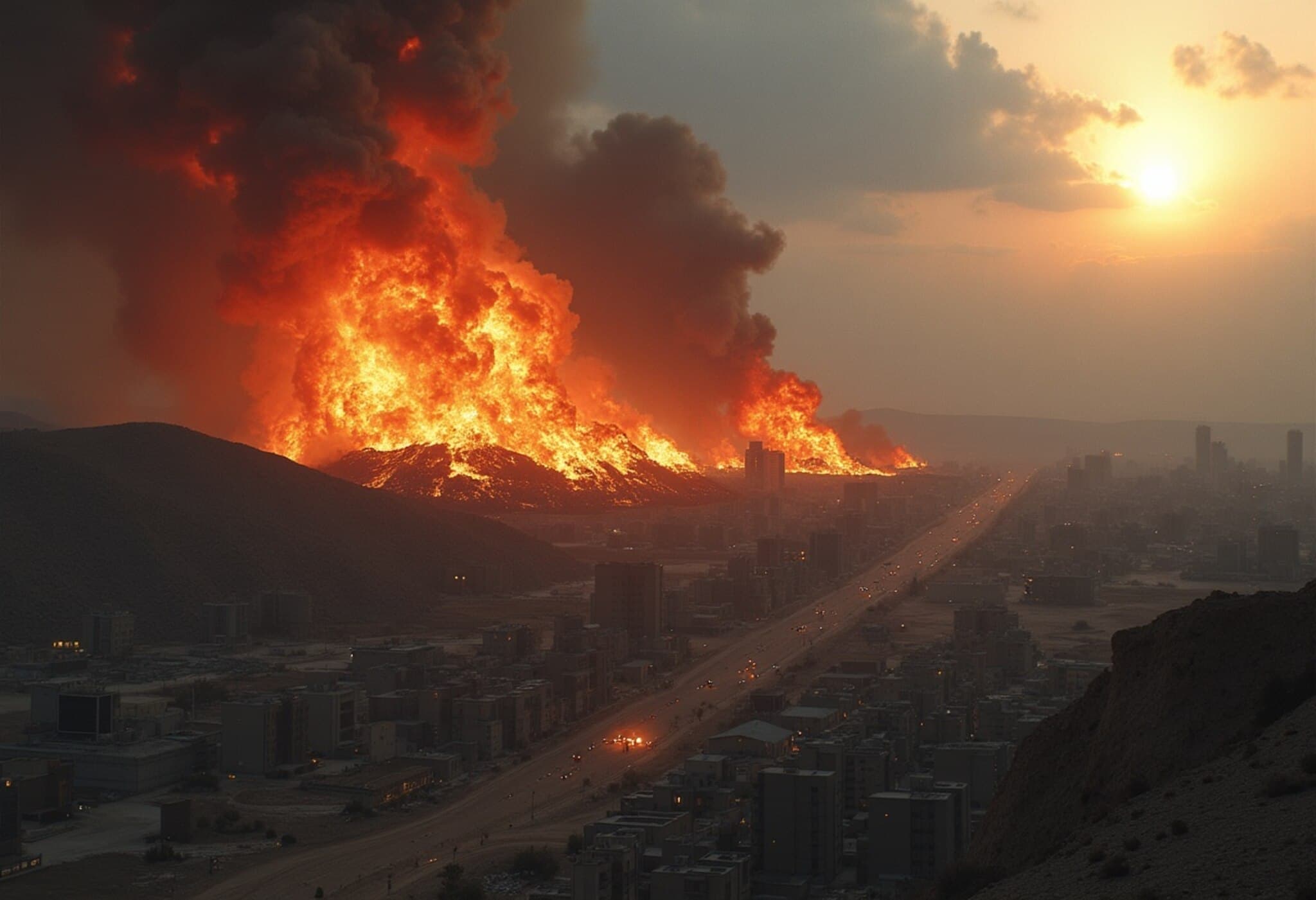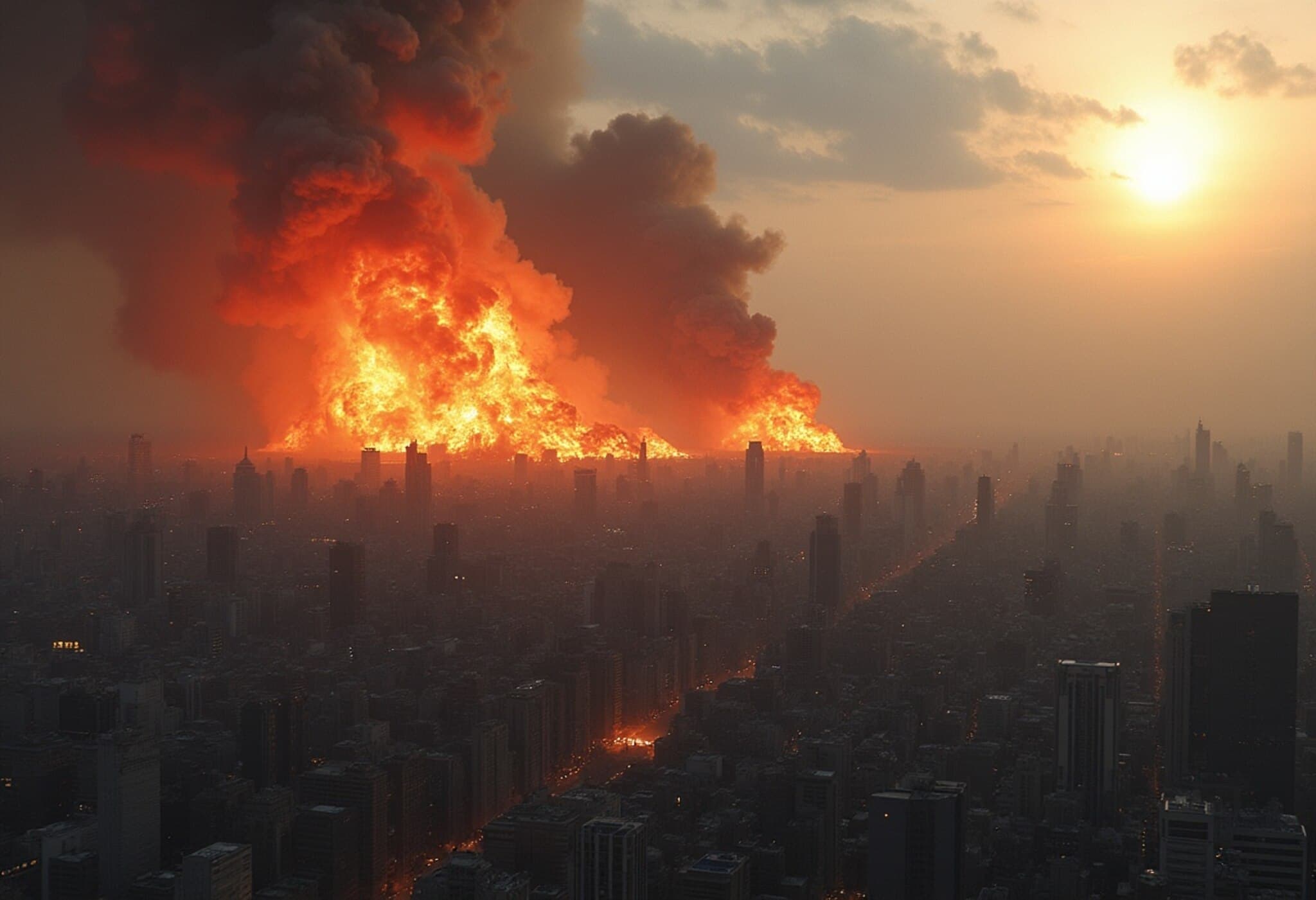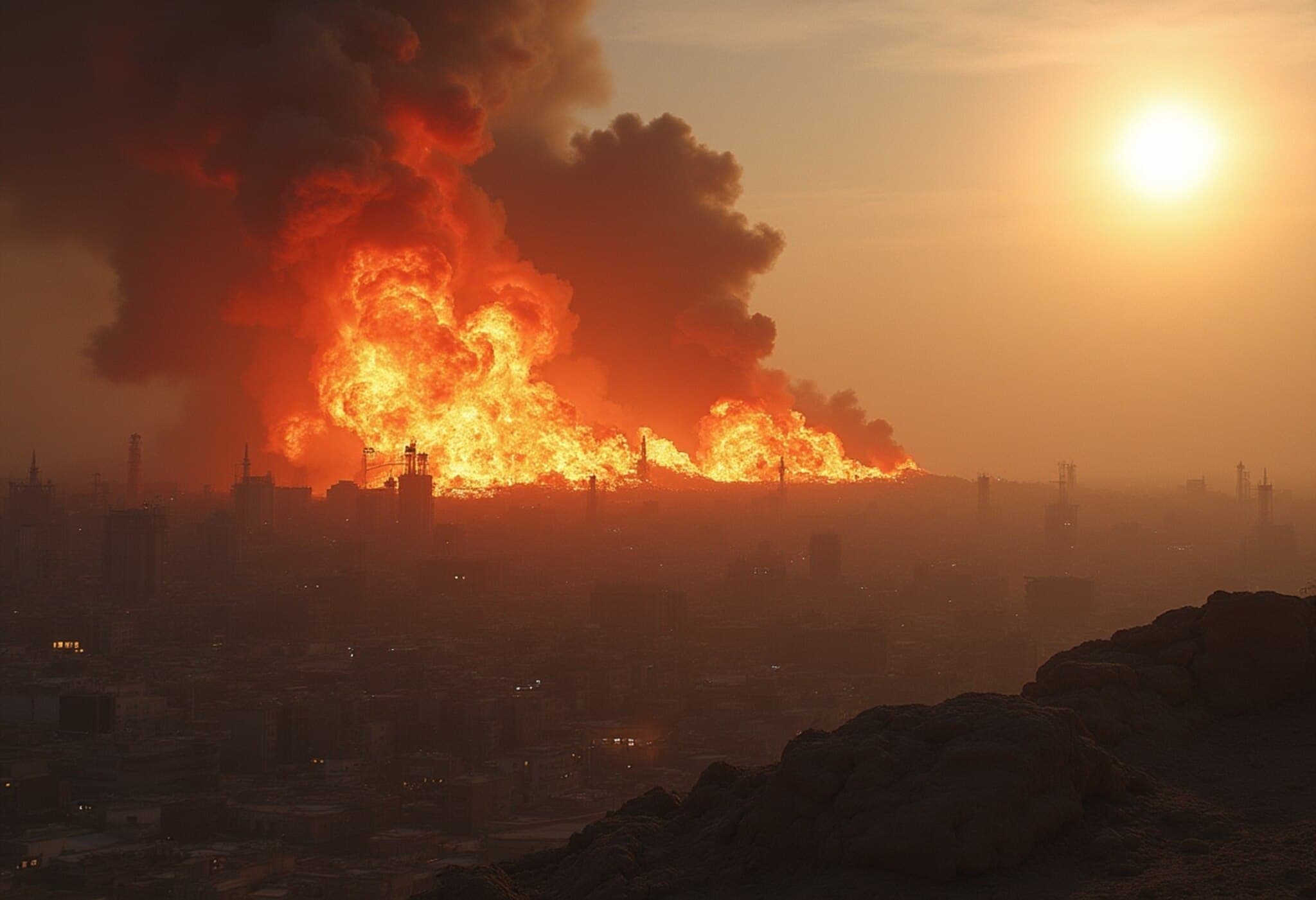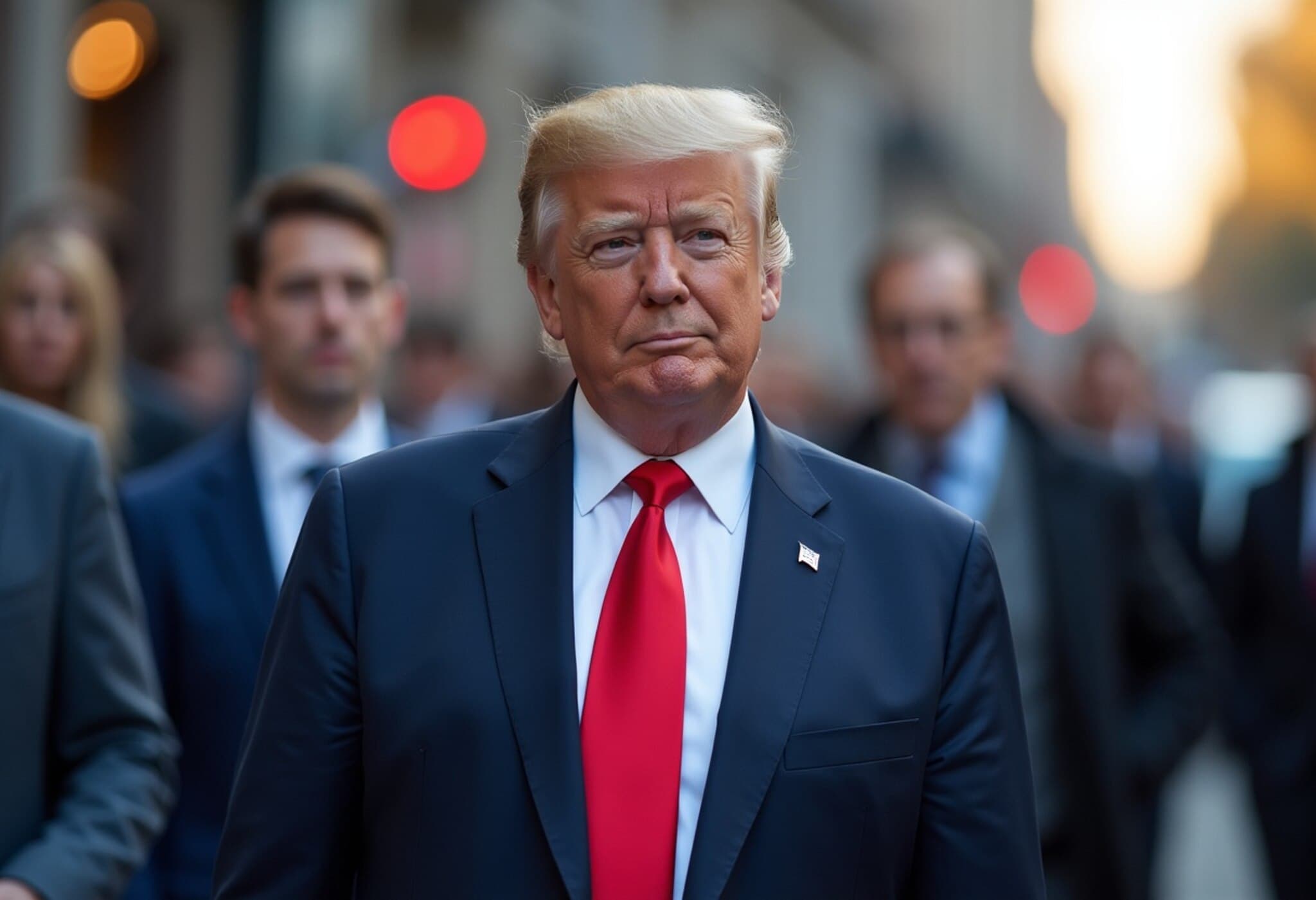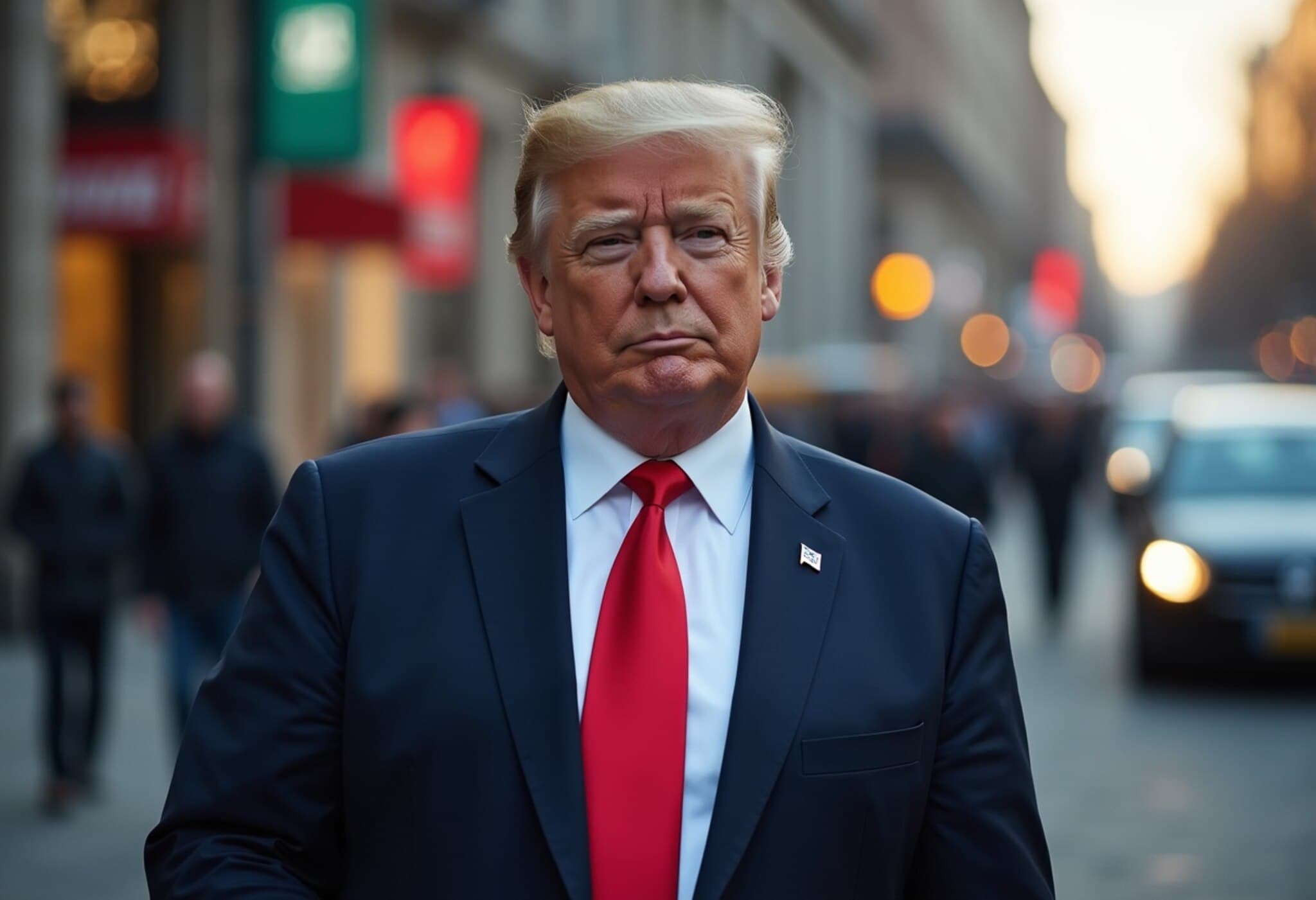Iran Commits to Continued IAEA Cooperation Despite Heightened Risks
In the weeks following precision strikes by the United States on Iran's nuclear infrastructure, Tehran has affirmed its intention to maintain collaboration with the International Atomic Energy Agency (IAEA), while simultaneously spotlighting significant safety and security challenges that may complicate future inspections.
Balancing Cooperation with Caution
Iran’s Foreign Minister Abbas Araghchi detailed on July 12, 2025, in a meeting with diplomats in Tehran, that although cooperation with the UN nuclear watchdog continues, new legal restrictions and ground realities are shaping the extent of IAEA’s access to Iranian nuclear sites. A recent parliamentary law mandates that any IAEA inspection now requires prior approval from the Supreme National Security Council, effectively centralizing decision-making on nuclear site visits within Iran’s highest security authority.
“The risk of radioactive contamination and the possibility of unexploded munitions detonating pose serious threats at some facilities damaged during prior attacks,” Araghchi explained, underscoring concerns for the safety of inspectors and the broader security implications of inspections.
Contextualizing Iran’s Position Amid Escalating Tensions
The backdrop to this cautious stance is the escalating friction between the US and Iran, marked by targeted US strikes aimed at curbing Iran’s nuclear advancements. The strikes have weakened some Iranian nuclear installations, making safe inspections more complex and fraught with operational hazards.
Experts note that Iran’s insistence on controlling inspection access has dual facets: safeguarding national security interests, and legitimately addressing the health and safety risks posed by damaged nuclear facilities. This duality complicates the already fragile trust dynamics between Iran, the IAEA, and Western nations.
Iran's Firm Stance on Uranium Enrichment Rights
Reiterating a non-negotiable red line in diplomatic talks, Araghchi emphasized Iran’s commitment to retain its sovereign right to enrich uranium. This declaration came amid conflicting reports that Russian President Vladimir Putin had proposed restrictions on Iran's enrichment activities in potential new nuclear agreements—claims swiftly denied by Iranian sources.
“We are carefully considering any new nuclear negotiation proposals with the United States,” Araghchi remarked. “Our priority is to avoid precipitous talks that could open the door to further military aggression.” The statement reveals Tehran’s strategic calculus, weighing diplomatic engagement with the imperative of national defense.
The Path Forward: Negotiations and Security Concerns
- Inspection approval process: Future IAEA site visits will be examined individually by the Supreme National Security Council, balancing transparency with security.
- Safety risks: Contaminated sites and residual unexploded ordnance heighten dangers for inspectors and complicate verification measures.
- Diplomatic caution: Tehran signals a measured approach to negotiations, emphasizing the need to prevent any US military reprisals.
- Enrichment rights: Iran firmly maintains its uranium enrichment activities are non-negotiable, a critical sticking point in any talks.
Expert Insight: Implications for Nuclear Nonproliferation
From a policy perspective, Iran’s nuanced position reveals the intricate balance between sovereign security concerns and international nuclear oversight obligations. While the IAEA’s role is to ensure peaceful nuclear activity, Tehran’s safety warnings and tighter inspection controls underscore the limits of external monitoring when a nation’s nuclear sites have become conflict zones.
For US and allied policymakers, understanding Iran’s security apprehensions is crucial in crafting diplomacy that is not only firm on nonproliferation but also sensitive to operational realities on the ground. Failure to factor in these complexities may fuel further mistrust, undermining prospects for a durable agreement.
Editor’s Note
Iran’s declaration of ongoing collaboration with the IAEA, tempered by stringent oversight and safety concerns, spotlights the fragile state of Middle East nuclear diplomacy post-conflict. It raises pressing questions: How can international bodies ensure effective nuclear verification in damaged, high-risk sites? And, critically, what safeguards can be established to protect all parties during inspections in volatile contexts? As stakeholders navigate these challenges, the path forward demands both vigilance and empathy to reconcile security imperatives with global nonproliferation goals.

